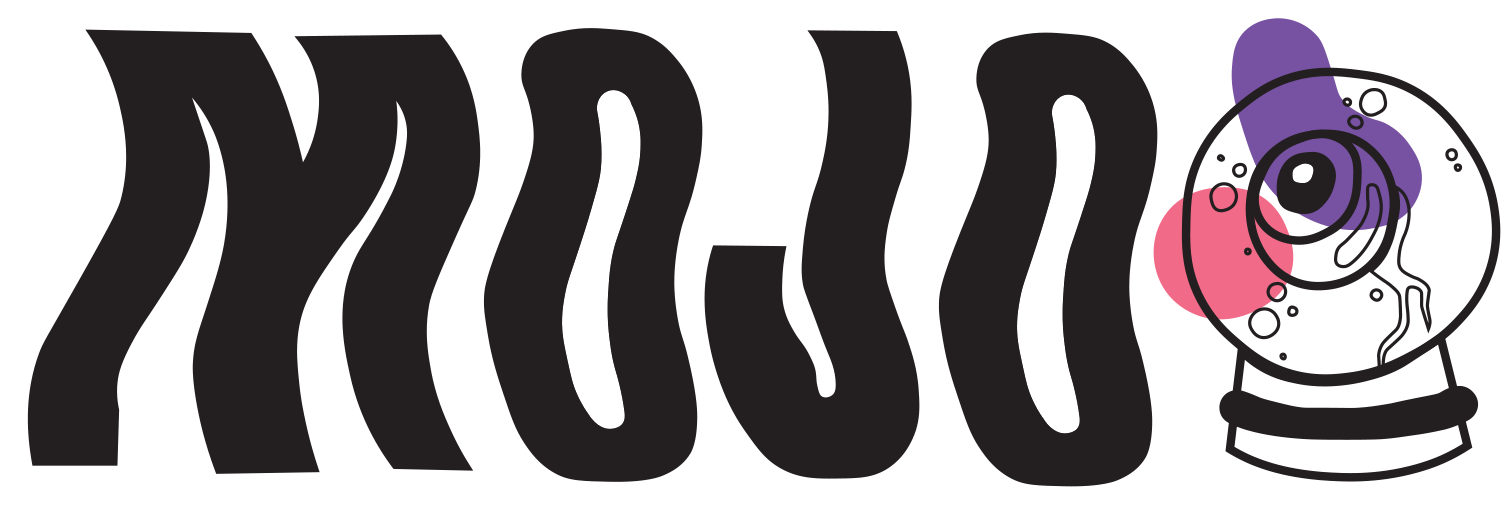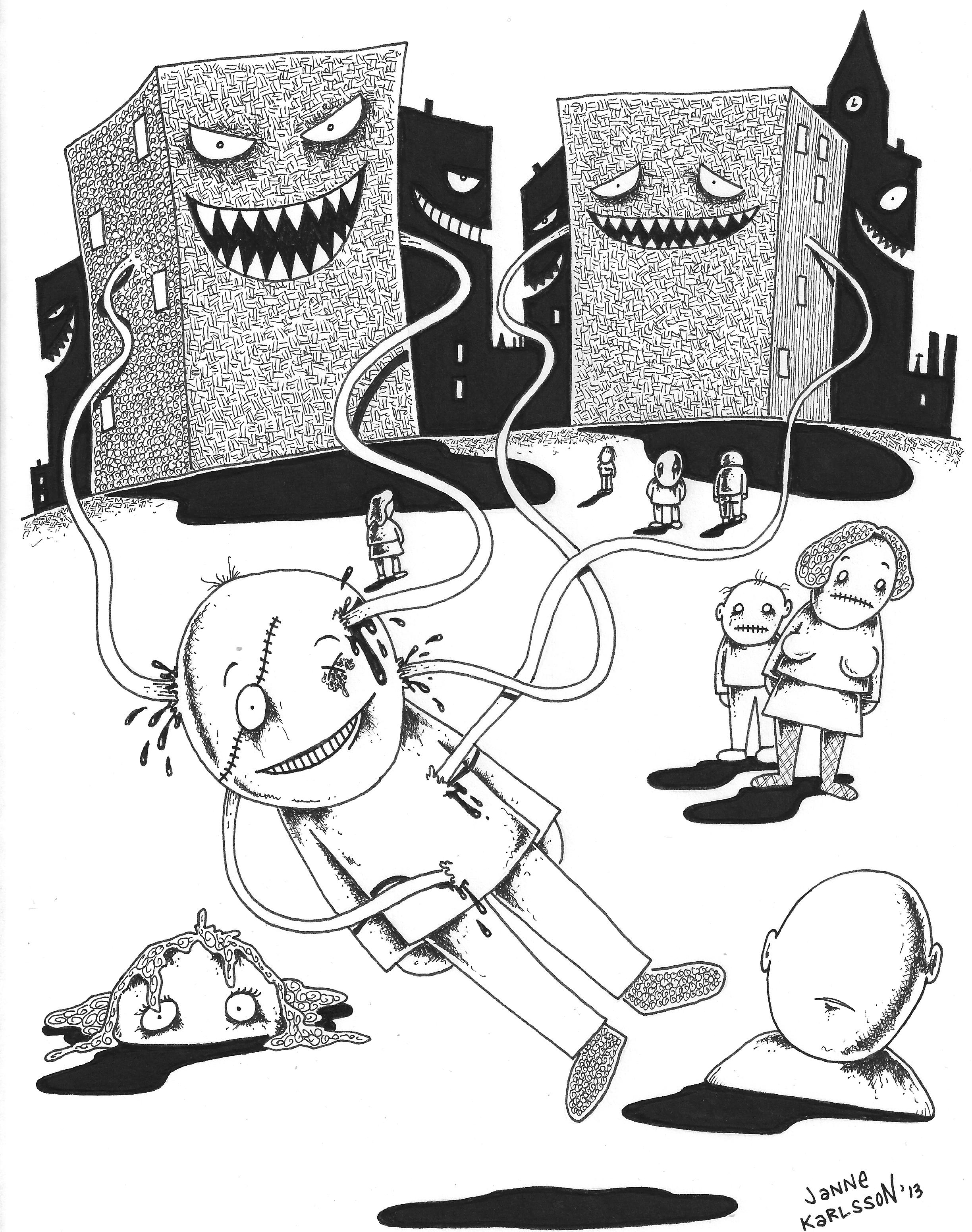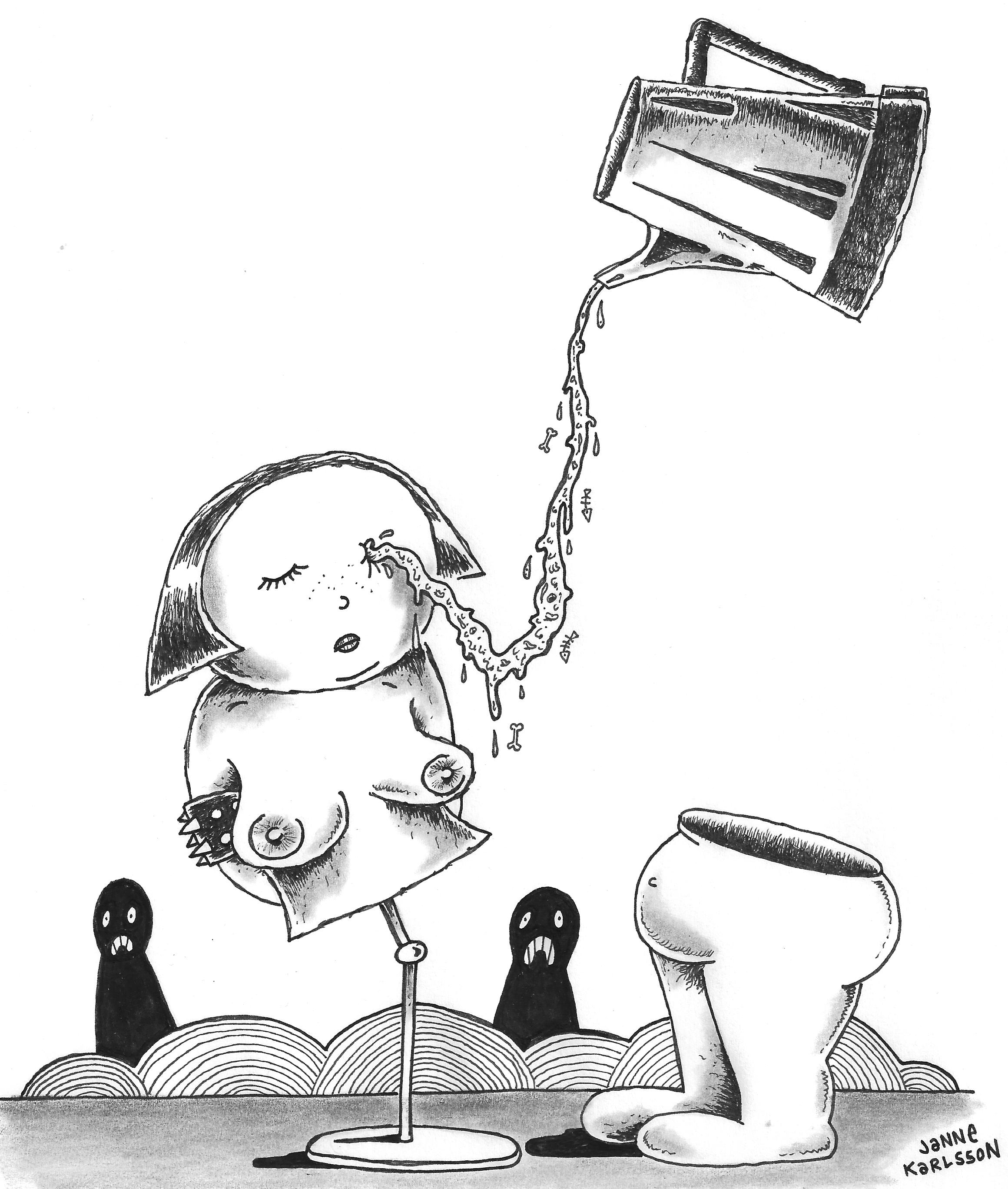1 – SALUTATIONS
He’s dead. I know this long before they make me look at him. His eyes are closed, unquestioning. That, at least, is a relief.
The room is small, bare, a place of gloom, unconnected to the world outside where the sun keeps rising and children are running free.
I don’t cry when I say his name, as though I’m denying myself the right to mourn. You’re in shock, they tell me. As an explanation or an excuse? I want to kiss him one last time, share my breath, warm his skin. But he would flinch from my touch, recoil instead of reach. My hands are too cold regardless of his state.
After I’ve done my job identifying him, they cover his face with the sheet and try to usher me out. Try and fail. I need to say goodbye, I tell them. Be alone. They retreat from the room, no questions asked, and this power I have as the grieving wife feels deep and endless and wrong.
I approach the gurney, eyes burning with the sting of formaldehyde. I stare at his feet, the shape of them underneath the gray cotton. I remember his toes, the neat condition they were in before we left. The magnificent blisters that appeared halfway through our hike.
The Alps in fall time—a must-see. You should really go when you get the chance and the weather is good.
2 – SONG OF A SINNER
They apologized for not retrieving his body sooner. Two French uniforms, bashful, facing the newborn widow in the shiny lobby of a four-star hotel. We are sorry.
What they should’ve said was, We refuse to risk our lives for a man who has already lost his.
Naturally, I wanted to say. When it comes down to it, when we’re forced to choose. We’re all the same.
Before the rains, I was a different person. It shouldn’t be a surprise, I suppose, that death unhinges you, its absolute weight. Nothing holds on to its meaning anymore. My world of thank-you notes and charity donations and organic eggs and separating garbage—gone. Does it matter I never meant anyone harm? In my moment of truth, my ego won and that outcome is what defines me, drawing the picture of who I am.
Strangely, there’s comfort in that. I may cower in guilt for the rest of my life, but I no longer walk in ignorance.
3 – GAMES PEOPLE PLAY
I didn’t get lost on my way back to civilization. I returned in one piece from the mountain and reported the events to the local police straight away. I told them everything, for the record, not holding back, despite my throat being so narrow. When I used the word “choice”, they reached for the tissues and sympathetically shook their heads, contradicting me, handing out words like “emergency” and “impulse.”
They gave me onion soup and treated my cuts and scrapes, the scent of disinfectant overpowering the smell of melted cheese, my stomach revolting.
It wasn’t until I broke down and drowned my words, that I wondered, Did I tell them everything so I could be punished or absolved?
4 – PROPHETESS
Here in the morgue, I don’t talk to his corpse. Forgiveness is not what I’m after. I’d rather talk to the living, warn you about who I am, about who you are, in all probability, when it comes down to it, about how we do not know ourselves until.
There are so many ways in which we are broken.
5 – VANISHING ACT
The story begins in all innocence with a married couple on a fancy holiday in France. They love the outdoors, especially the mountains, which are hard to come by in the flat polders of Holland. Fit and ambitious, they climb quickly, well-stuffed packs on their backs. They think they’re prepared for their first day on the slopes: hiking boots, Swiss water-filter bottles, trail mix.
At a junction, they pause, challenging each other—further up or back down? The pressure of being young. The summit luring.
Up they go, away from the beaten paths. Do they not feel the wind shifting? Neither he nor she lifts an eye at the sky, darkening.
It begins to rain when they’re alone in the wild. They pull up their hoodies and keep going like the good sports they are. When the earth turns to mud, they seek refuge under a canopy of trees, afraid to lose their footing. It will blow over, they tell each other, smiling.
An hour later, the rain is pouring down, torrentially, more furious than before. Husband and wife are drenched and miserable, cold wind hitting their faces. Predictably, the bickering begins. You always want too much. You never speak up in time. As if blame would make their situation any less precarious.
A river forms, sweeping past them, growing fast. Debris flushes down with the water, rocks, branches, clumps of earth. Below them, the dark flow plunges off a cliff into the alpine valley.
The wife assesses. Flips off her backpack. Zips it open. Takes out a coil of rope. With it, she plans to tie them to a tree. But before she can execute her master plan, the river of mud broadens, rushes in, and swallows them both.
There’s sliding and falling and screaming and reaching for branches left and right. The wife seizes a root, and in a flash, the husband grabs a strap of her backpack. The pack is almost jerked out of her hand, but seeing her husband in need, she squeezes her end tightly.
So they hang, suspended against the odds. With one arm she bears the weight of two people while a dense stream of mud pushes past. The husband begs for her to hold on, and she does, hold on, tries to at least, crying, straining, and then not. Not anymore. Something happens and both her hands are above her head now, merging with the root. She closes her eyes and waits for the echo of a body tumbling down into the abyss.
6 – A RIDDLE OFFERING NO ANSWERS
Did it all happen this way?
Of course not. I don’t really know what happens when the earth crumbles and the life you’ve built for yourself is flooded out from under you; when darkness breaks into your mind, a darkness you intend to fight and against which you’re helpless nonetheless; when you struggle for every breath and your heart is bursting and the dreadful anticipation of pain is somehow the only light in all that darkness; when in spite of your efforts, the darkness wins and you admit to yourself that the man with whom you are bonded, in sickness and in health, by the strap of your backpack, is actually dragging you down, is hanging between you and life, is killing you unless you intervene.
There’s only an approximation of events. This is, sort of, what happened.
7 – LESS IS MORE
I leave the morgue with a few of his belongings in a plastic bag. A water-logged Swiss watch. His hiking boots.
We shouldn’t get attached to things in this world, the Buddhists say. All things are temporary and will soon be gone.
The moment I let go of my backpack, willingly, consciously, I learned everything there was to know about myself.
Put to the test, I’d failed the one I loved the most.
I’ll never forget his eyes in the seconds before I sentenced him to die. Panic, accusation, incomprehension. My face must have shown him what I was about to do.
8 – EXODUS
I dine alone in the bustling hotel, sleep alone, wake up alone. I pack our bags and rebook the train. Before I leave, there is one last scene in the deserted mountains. Deserted paths, deserted flowers, deserted rocks.
The Alps in fall time are beautiful—a must-see. They look like they can kill you, but only as a faraway possibility that isn’t relevant to you. The wind in the trees blows as a reminder of hazards to which you pay no heed. The air above the peaks is crisp and clear.
I sit down on a boulder we passed the other day, suspended between beauty and death, between meaning and its disappearance, the bitter taste of absurdity in my mouth.
The ego is a twisted thing. You may train it to lay low and talk softly. You may not even realize it’s there. But threaten your ego with destruction and it will rise to possess you. The sinking, the crush of culpability, the desire to erase yourself—these only come afterward, when nothing remains to be done.
I peer over the mountain ridge into the abyss, dizzying myself, contemplating. What has happened in these mountains surrounds me as a threat, as something that is yet to come, and I gladly accept this reversed chronology. Between terror and regret, I will choose terror.
When I finally get up, a flock of starlings rises. They circle over my head and disappear into the void.
How human that we end up hating the selves our egos fight to protect.





